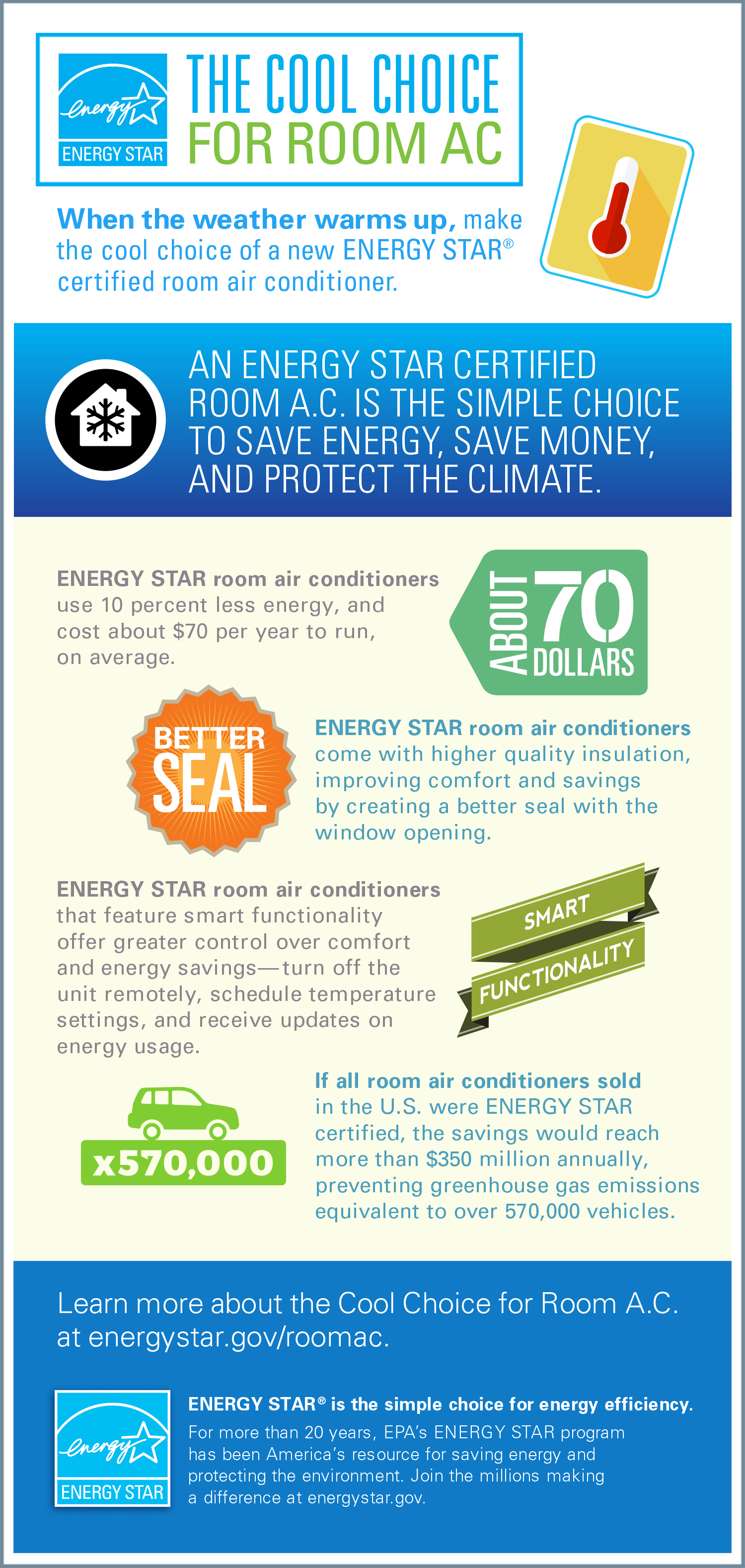Heatpump Vs Furnace - Which Is The Better Home Heating Alternative For Your Home?
Heatpump Vs Furnace - Which Is The Better Home Heating Alternative For Your Home?
Blog Article
Author-Hjelm Mosegaard
Many property owners recognize with heating systems, which warm homes with oil or gas and press hot air through ductwork. They are relatively cost-effective and can offer dependable home heating also during a winter power outage.
Nevertheless, they utilize nonrenewable fuel sources and produce carbon monoxide and various other air contamination. They likewise aren't as energy-efficient as a high-efficiency heat pump.
Price
Usually, heat pumps are extra budget-friendly to operate than heaters. They generally utilize electricity and refrigerant to extract warmth from exterior air, and then move it right into your home. You can make the most of less costly electrical power prices during off-peak hours to additionally reduce your home heating costs.
Unlike heat pumps, gas or wood-burning heaters use burning to produce warm, giving off flue gases right into the ambience that can be harmful to your wellness. These furnaces are also much less energy-efficient than heat pumps, and their greater operating costs can accumulate gradually.
Furnaces are extra complex than heat pumps and require regular maintenance to make certain the appropriate feature of all parts. In spite of this, they often tend to last longer than heat pumps with a typical life expectancy of two decades or even more. However, you'll require to consider the price of gas, gas oil or timber and the added tools required for installation and operation such as air ducts and air flow systems.
Energy Efficiency
Heat pumps have a higher energy effectiveness score than heaters. These systems utilize power to scavenge warmth from the air, also in freezing temperature levels. They can also remove excess warm from the home during warmer months and reuse it to cool down the system. Carrier specialists can aid you figure out the most effective version for your online on environment and source energy prices.
Heating systems burn fuel oil, lp, gas or other kinds of nonrenewable fuel source to heat up the air in the home. This air is after that dispersed via ductwork using a big fan. Heaters produce greenhouse gases and need routine maintenance and equipment upgrades to guarantee safe operation.
https://www.arkansasonline.com/news/2021/feb/20/new-hvac-system-initiates-a-heated-discussion/ of a heating system is that it can be run even in severe wintertime conditions because it does not count on exterior temperature levels to warm the air. https://www.azcentral.com/story/money/business/consumers/2018/09/20/landmark-home-warrant-company-requires-impossible-fix-air-conditioning-quickly-contract/1215577002/ have a longer life expectancy than heatpump and generally last 15 years. They can additionally be paired with double gas options, which choose one of the most effective home heating choice based on the weather condition.
Climate
Heatpump function well in moderate environments and make use of much less source energy than furnaces. However, if your region is incredibly cool, you might require to buy a basic gas furnace instead.
Heating systems offer cozy, comfy heat and usually supply rapid heating to raise indoor temperature levels. These systems can be used with a range of fuel types, including gas, lp, oil or power.
They eat extra power than heat pumps-- approximately 3x as much-- and call for ductwork that's pricey to set up or retrofit. They're additionally more costly to maintain, as they can create air high quality problems and generate greenhouse gas exhausts.
If you're devoted to decreasing your carbon footprint, a heatpump is a great option for your home. They have less greenhouse gas exhausts than furnaces, specifically if you pick an ENERGY STAR ® heatpump. Your local Provider professional can explain the differences in between these 2 heating unit and aid you make the best choice for your special demands.
Personal Preferences
Heaters can be very energy efficient when powered by gas, lp or oil, yet they aren't as power reliable as heatpump in cold environments. They can likewise be much more costly to set up, calling for gas lines and air flow systems.
Nevertheless, heaters tend to need much less upkeep, which can cause reduced recurring costs. They create less greenhouse gases and are a lot more reputable than heatpump during extreme weather condition.
Electric heatpump are much more functional in creating interior comfort due to the fact that they can likewise work as a/c throughout warmer months. They can be easier to preserve, requiring just regular air filter changes and occasional vacuuming.
If you choose the ease of a single system that does it all, take into consideration a hybrid heating remedy that sets a heater with an electric heat pump. These systems can immediately switch between both heating alternatives based on your home's needs and temperature level problems, making the most of performance and cost savings.